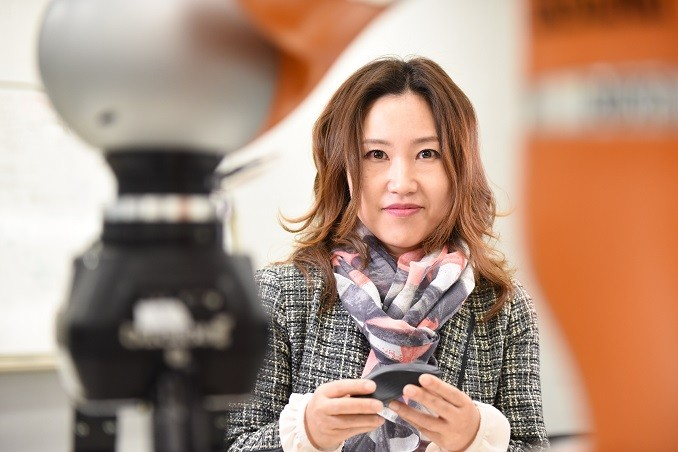Northrop Grumman: Building the best culture by leveraging the power of women
5 min read

Executive summary
Northrop Grumman is a leading global security company and also a champion and enabler of workplace diversity. For the better part of a decade, Northrop Grumman has committed to building the best culture—a key component of which is a diverse workforce, particularly at the leadership level. The company is also aware that a large segment of its workforce is reaching retirement age, and the competition for new technical talent is fierce. For Northrop Grumman, widening the talent pool and expanding its leadership pipeline has become an imperative on more than one front.
One flagship effort, among many the company has developed to promote and advance women, people of color, and people with disabilities, is the Women in Leadership program (WIL).